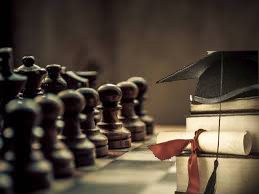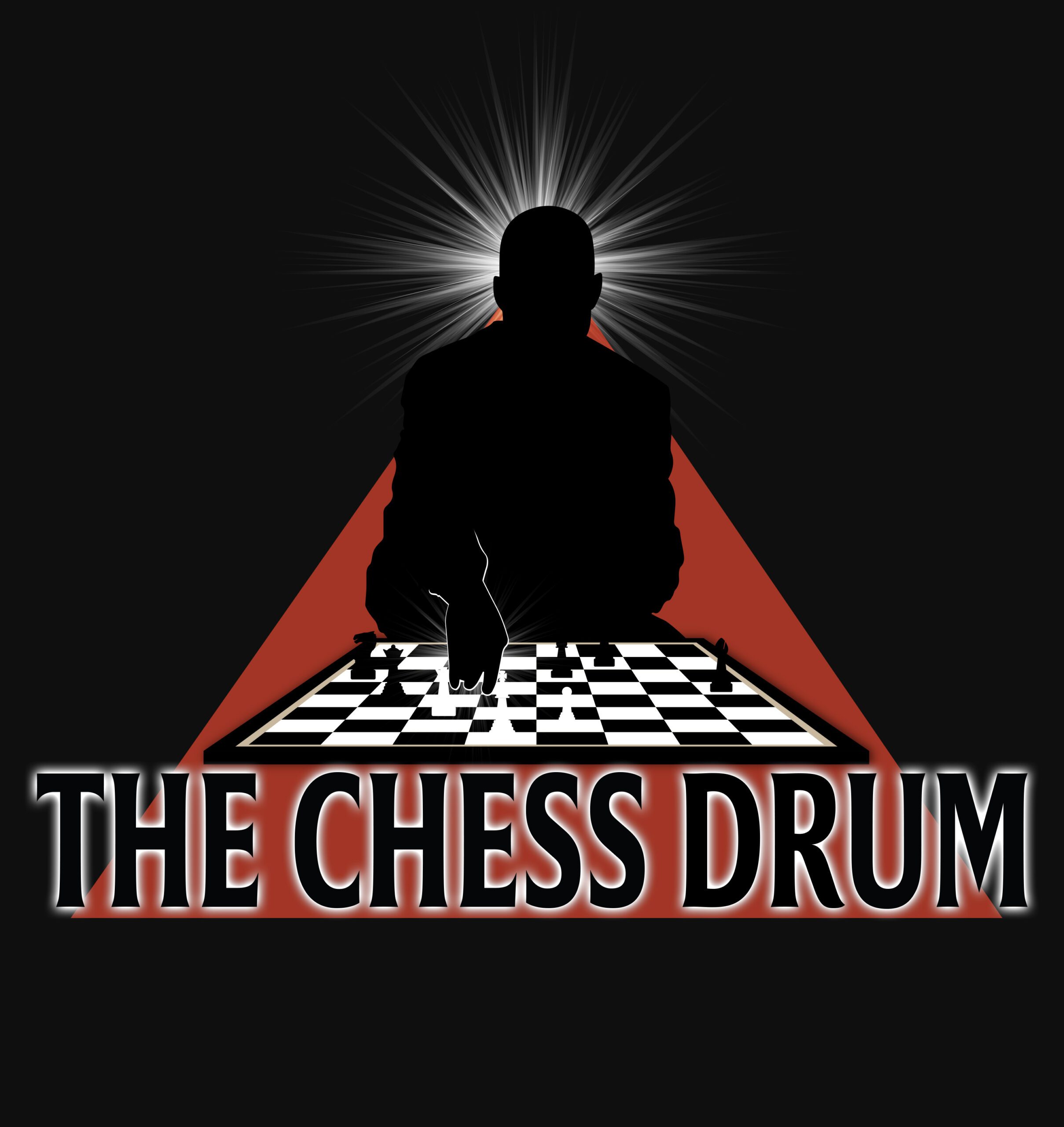Chessable Research Awards-Fall 2023
Dr. Alexey Root has announced the Chessable Research Awards for Fall 2023 and the deadline is July 1st. This initiative is designed to produce research that is beneficial to building the scientific body of literature as far as chess research. Over the years that have been a plethora of chess studies on a variety of topics. This is open to university students and includes a faculty research sponsor.
The winners of the summer competition were:
University of Queensland (Australia)
“Cheating Detection Among Chess Players”
- Faculty research sponsors (who split $500): David Smerdon and Vera te Velde
- Graduate student winner ($1,000): Jordan von Hippel
McGill University (Canada)
“Checkmating Pain: Exploring the Links Between Flow Experience, Chess, and Pain Modulation”
- Faculty research sponsor ($500): Mathieu Roy
- Graduate student winner ($1,000): Jérôme Genzling
University of Rochester (United States)
“A pilot study of a chess-board cognitive training tool for breast cancer patients with cancer-related cognitive impairment”
- Faculty research sponsor ($500): Alissa Huston
- Graduate student winner ($1,000): Jane Zhang
University of Alaska Fairbanks (United States)
“The Effect of Diving on Chess Ability”
- Faculty research sponsor ($500): Brenda Konar
- Undergraduate student winner ($500): Michael Martins
Fall 2023 Awards Open!
Via the Chessable Research Awards, Chessable Ltd. gives money to competitively selected chess research projects from university-based researchers. The Chessable Research Awards can inspire new chess research or aid on-going chess research. Applications from all areas of study are welcome, such as psychology, education, history, science, etc.
The Chessable Research Awards are open to:
- Undergraduates ($500 for each undergraduate; $500 to each faculty research sponsor) and,
- Graduate students ($1,000 for each graduate student; $500 for each faculty research sponsor).
All amounts are in U.S. dollars.
An undergraduate student is enrolled at a college or university and has not yet earned a bachelor’s or equivalent degree. A graduate student is enrolled at a university and is studying for a degree (such as a master’s degree or a Ph.D.) that is higher than a bachelor’s or equivalent degree.
There are three cycles per year: Spring, Summer, and Fall. These cycles refer to when research begins or continues, not to application deadlines. The cycles are named after the Northern Hemisphere seasons. Winners of the “Spring” cycle, announced on December 1 of the prior year, begin or continue their research from approximately January to May. Winners of the “Summer” cycle, announced on May 15, begin or continue their research from approximately June to September. Winners of the “Fall” cycle, announced on September 1, begin or continue their research from approximately September to December.
Competition Details: http://www.chessable.com/research_awards
If you have questions about the Chessable Research Awards, please reach out to our CSO Dr. Alexey Root at <alexey.root@chessable.com>



